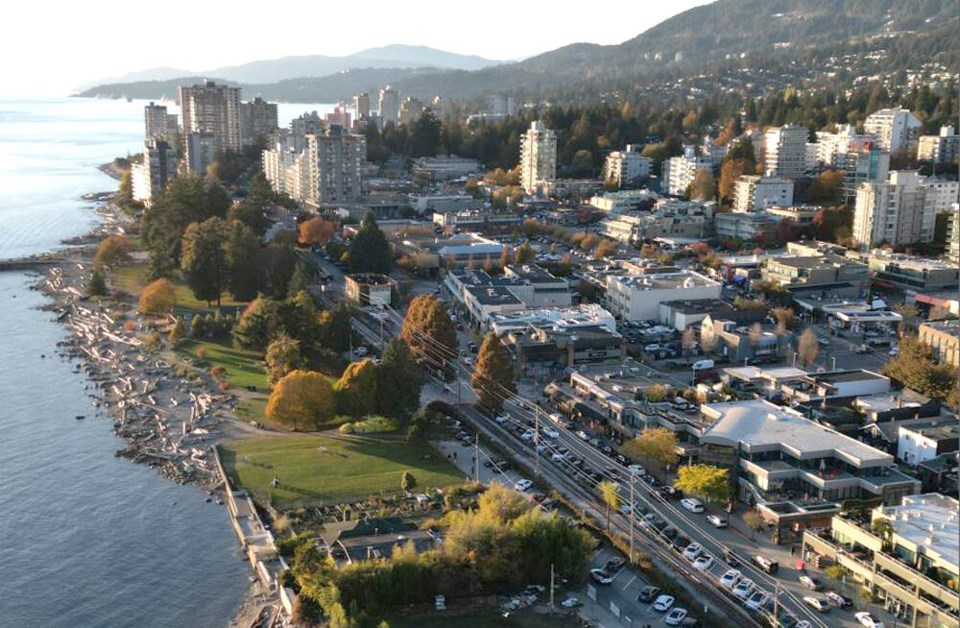District of West Vancouver council has chopped increases in proposed staffing and environmental spending in the 2023 budget, bringing the overall increase in municipal taxes to 4.15 per cent this year.
When the draft budget was first tabled in January, district residents were looking at a 6.07 per cent increase in taxes driven largely by the operating budget. Since then, council has rejected staff’s request for 14 new full-time equivalent employees working in parks and trails, West Vancouver Fire & Rescue, the planning department, IT and Indigenous relations. Council also chopped new funding for increased park maintenance and washroom cleaning, homeless camp clean-ups, Chinese and Farsi language translation for social media outreach, and assistance for the Harmony Arts Festival.
Even without the new hires and programming, inflation in costs outside the district’s control like 911 service, labour agreements, insurance premiums, utilities and fuel require another $1.8 million, or a 2.14 per cent tax increase to balance the budget.
Also gone for 2023 is the proposed 0.5 per cent increase to the environmental levy dedicated to climate change initiatives and environmental protection.
While the operating budget faced the hatchet, council opted to shore up the capital budget, bumping up the annual asset levy increase, which is used to repair and replace aging infrastructure from one per cent to two per cent.
District finance staff estimate the municipal portion of this year’s tax bill (excluding Metro Vancouver, TransLink, schools and utilities) will be $238 higher than last year’s for owners of single-family homes assessed at the $3.76 million average. For a strata owner whose home is assessed at the $1.7 million average, it would amount to an extra $108.
Coun. Nora Gambioli voted against the 2.14 per cent increase in the operating budget, warning her fellow council members they could be short-changing the municipality. She added she was disappointed that she was the only one on council to support the 0.5 per cent increase for environmental initiatives
“I think it’s, of course, appealing to ratchet down our operational budget, but we have a lot of uncontrollable costs this year,” she said. “I think it’s going to affect our ability to serve the community well.”
Mayor Mark Sager countered that council has a responsibility to keep expenditures down at a time when many constituents are feeling financially pinched.
“Budgeting is an incredibly difficult undertaking, and yes, 2.14 per cent is a very tight number but I think it also reflects that a lot of people in the community are potentially having a tough year,” he said.
For others on council, the 2.14 per cent was still too high,
“As many of the council members here know I would have preferred to see a big zero,” said Coun. Linda Watt. “We’re still looking for efficiencies in the organization, and it is my firm belief that in the coming months we will find those.”
With 60 vacancies in the staff ranks already, Coun. Sharon Thompson said she’d be looking for some “creativity” in the way the district delivers services in the year ahead. Thompson added that the budget strikes a balance between competing interests in the community.
“It’s hard to claw back on staff and our desire to move forward and build things and do a bunch of stuff in the community. This year, we want to hold back and I’m really proud of you guys for it,” she said.
Coun. Scott Snider said the growth in the asset levy could help cover costs for things the increase in the environmental levy would typically pay for, and added that council needs to decide what its environmental priorities are.
“Without a strategic climate plan in place, I’m reluctant to charge people money for something that we don’t even know how we’re going to spend yet,” he said.

